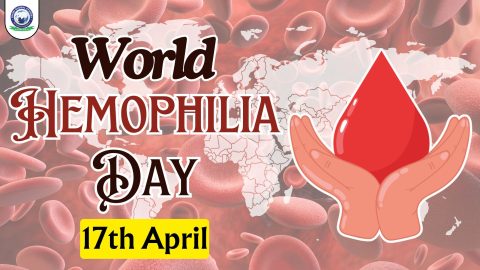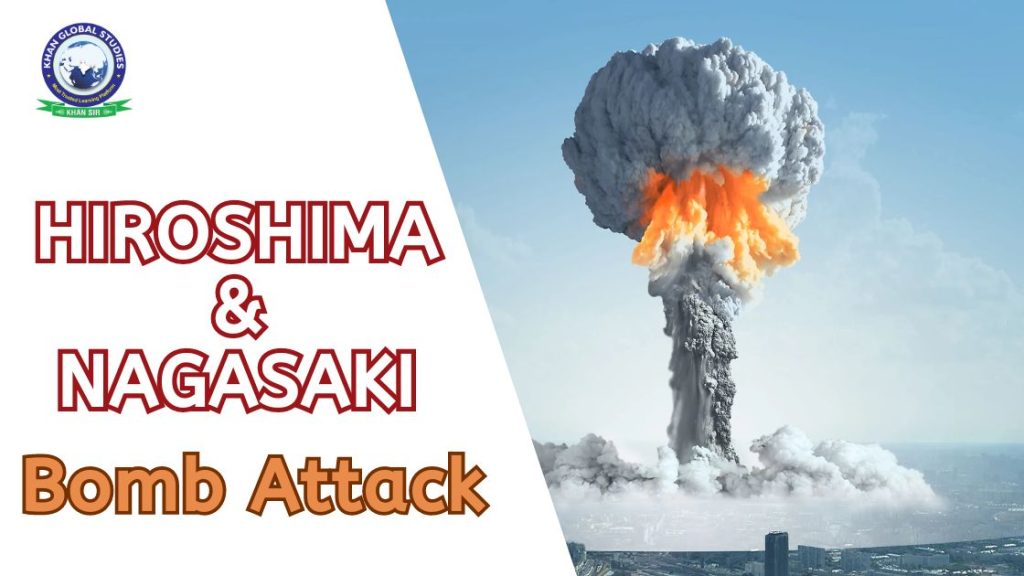The events of Hiroshima and Nagasaki are a stark reminder of the devastating consequences of nuclear war. As we consider the lessons of Hiroshima, it becomes clear that pursuing peaceful paths is essential to securing the future of humanity.
Introduction to the Lessons of Hiroshima
The atomic bombings of Hiroshima and Nagasaki in August 1945 were a turning point in human history. The unprecedented devastation caused by the use of nuclear weapons shocked the world and prompted introspection on the morality and conduct of war.
Historical Context: Atomic Bombing
The decision to drop the atomic bombs on Hiroshima and Nagasaki during World War II is one of the most controversial episodes in military history. While supporters argue that it hastened the end of the war and saved lives, critics condemn it as a disproportionate and indiscriminate act of violence.
Human Cost of Nuclear War
Destruction and Devastation
The immediate aftermath of the atomic bomb explosions resulted in massive destruction and loss of life. Entire cities were reduced to rubble and thousands of innocent civilians were killed in the blink of an eye.
Long-Term Health Effects
Survivors of Hiroshima and Nagasaki, known as hibakusha, suffer from the long-term health effects of radiation exposure. Many suffer debilitating diseases such as cancer, genetic mutations and psychological trauma, underscoring the irreversible impact of nuclear war on human life.
Following Peaceful Paths
In the wake of the Hiroshima tragedy, the international community vowed to pursue peaceful means to prevent the recurrence of such a catastrophe. Diplomacy, dialogue and disarmament emerged as key strategies in promoting global peace and security.
Diplomacy and Dialogue
Efforts to promote dialogue and diplomatic engagement have played an important role in reducing tensions between nuclear-armed states. Initiatives such as arms control agreements, summit meetings and track-two diplomacy contribute to building trust and confidence between nations.
Disarmament Efforts
Nuclear disarmament efforts remain a top priority for the international community. Through multilateral frameworks such as the Treaty on the Non-Proliferation of Nuclear Weapons (NPT) and the Comprehensive Nuclear-Test-Ban Treaty (CTBT), efforts are underway to reduce the global nuclear arsenal and prevent further proliferation.
Promoting Nuclear Non-Proliferation
Preventing the spread of nuclear weapons to non-nuclear countries is essential to maintain global stability. Strengthening export controls, enhancing safeguards, and promoting nuclear safeguards are important components of nonproliferation efforts.
Importance of Remembering Hiroshima
As we remember the lessons of Hiroshima, it is important to honour the memory of the victims and reaffirm our commitment to peace. By remembering the past we can strive to create a future free from the shadow of nuclear weapons and conflict.
Conclusion
The lessons of Hiroshima are a sobering reminder of the devastating consequences of nuclear war. As we consider the human cost of violence and destruction, let us recommit ourselves to pursuing peaceful paths for the sake of future generations.
FAQs
Question: Why is it important to remember the lessons of Hiroshima?
Answer: Remembering the lessons of Hiroshima reminds us of the devastating impact of nuclear war and reinforces the urgency of achieving peace.
Question: What role does diplomacy play in preventing nuclear conflict?
Answer: Diplomacy plays an important role in reducing tensions between nuclear-armed states and promoting dialogue to resolve conflicts peacefully.
Question: How can individuals contribute to nuclear disarmament efforts?
Answer: Individuals can advocate for nuclear disarmament through grassroots activism, supporting NGOs, and raising awareness of the dangers of nuclear proliferation.
Question: What are some of the challenges in achieving nuclear non-proliferation?
Answer: Challenges in achieving nuclear nonproliferation include balancing national security interests, addressing technological advances, and overcoming geopolitical tensions.
Question: What lessons can we learn from Hiroshima to prevent future conflicts?
Answer: We can learn from Hiroshima the importance of dialogue, cooperation and collective action in resolving disputes and preventing the escalation of conflicts.




